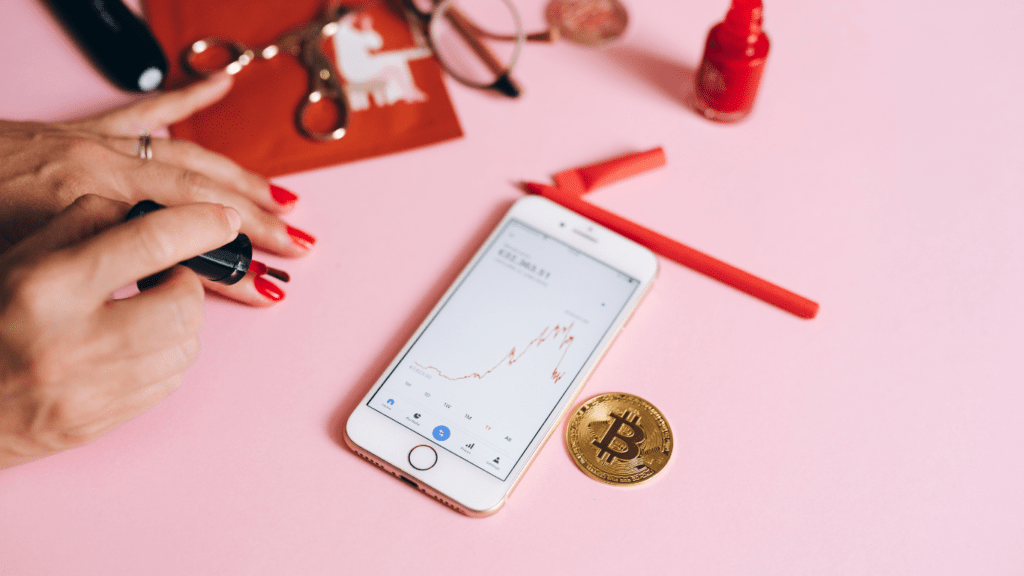Overview of Top Crypto Exchanges
In this section, I’ll explore the leading crypto exchanges renowned for their strong trading features and robust NFT marketplaces. Understanding these platforms helps both seasoned traders and newcomers navigate the crypto world effectively.
Key Features of Prominent Exchanges
- Binance: Binance offers diverse trading pairs, low fees, and an expansive NFT marketplace. Users can access unique collections and participate in NFT auctions.
- Coinbase: Coinbase features a user-friendly interface, high liquidity, and educational resources. It simplifies NFT purchases and sales through a streamlined process.
- Kraken: Kraken provides advanced security measures and extensive cryptocurrency listings. Its NFT marketplace supports various categories, fostering a broad user base.
- Crypto.com: Crypto.com boasts an integrated app for trading and NFT transactions. The platform includes exclusive celebrity and artist NFTs.
- Binance: Binance employs multi-tier security protocols, including two-factor authentication (2FA) and cold storage for assets. Users rate it highly for security and ease of use.
- Coinbase: Coinbase features insurance for stored assets, biometric logins, and frequent security audits. It has high ratings for reliability and protecting user funds.
- Kraken: Kraken’s security includes cold storage, global compliance, and a bug bounty program. Users appreciate its transparent security practices and effective customer support.
- Crypto.com: Crypto.com offers multi-factor authentication, withdrawal whitelist, and proactive threat monitoring. Reviews highlight its robust security and responsive support team.
Introduction to NFT Marketplaces
NFT marketplaces have revolutionized the digital economy by enabling the trading and ownership of unique digital assets. These platforms, often linked to major crypto exchanges, allow users to buy, sell, and trade various NFTs.
The Role of NFTs in Digital Economy
NFTs (Non-Fungible Tokens) represent unique digital assets verified through blockchain technology. The role of NFTs in the digital economy is significant:
- Ownership: NFTs give users true ownership of digital items, unlike traditional digital assets which can be replicated.
- Monetization: Artists and creators can monetize their work directly. For example, musicians sell exclusive tracks, and digital artists auction their artwork.
- Interoperability: NFTs can be used across different platforms. Gamers use NFTs to own in-game items transferable between games.
- Authentication: Blockchain ensures the authenticity of NFTs. For instance, collectors verify the provenance of digital art pieces.
Popular NFT Marketplaces Linked to Crypto Exchanges
Several crypto exchanges host popular NFT marketplaces. These platforms provide users with secure, user-friendly environments to trade NFTs:
- Binance: Binance NFT Marketplace features digital collectibles and exclusive events. It supports minting and trading NFTs, enhancing the user experience.
- Coinbase: Coinbase NFT allows for simple, secure NFT transactions. Its user-friendly interface caters to both beginners and seasoned traders.
- Kraken: Kraken NFT connects users with rare digital assets. It integrates advanced trading features, enhancing the overall trading process.
- Crypto.com: Crypto.com’s NFT Marketplace offers a wide range of collectibles. Its streamlined process makes buying and selling NFTs easy and efficient.
These exchanges combine robust security measures with unique offerings, making them top choices for navigating the NFT space effectively.
Evaluating Crypto Exchanges with Integrated NFT Platforms

Choosing a crypto exchange with an integrated NFT platform demands consideration of several critical factors. These factors impact the overall user experience and the efficiency of trading.
Ease of Use and Accessibility
A user-friendly interface is essential. Binance’s NFT platform, for example, features an intuitive design, making navigation simple even for beginners. Accessibility on both desktop and mobile devices expands user reach.
Exchanges like Coinbase offer seamless integration between their crypto and NFT sections, allowing users to switch between functions effortlessly. Additionally, support for multiple languages and regions ensures a broader audience can engage with NFTs.
Fees and Transaction Speeds
Comparison of fees and transaction speeds among exchanges reveals significant differences. Binance charges a flat 1% platform fee for all NFT transactions, while Crypto.com imposes a variable fee structure based on transaction volume.
Lower fees reduce the cost of trading NFTs, benefiting frequent traders. Meanwhile, Kraken offers some of the quickest transaction speeds due to its advanced infrastructure, ensuring minimal delays.
Efficient processing times are crucial for users aiming to capitalize on market opportunities quickly.
Keeping these aspects in mind helps users make informed decisions about the best crypto exchange for their NFT trading needs.
Future Trends in Crypto and NFT Integration
Cryptocurrency and NFTs continue to shape the digital landscape. The integration between crypto exchanges and NFT marketplaces signifies a potential for future innovations.
Predictions and Upcoming Features
Upcoming developments will likely focus on enhanced user experiences and increased security. Integration of AI for personalized recommendations could improve the trading process, making it more intuitive.
Additionally, more exchanges may introduce fractional ownership of NFTs, allowing users to buy shares of high-value assets. Interoperability between various blockchain networks will be crucial for seamless cross-platform transactions.
Enhanced security features like multi-signature wallets and decentralized identity verification will protect users’ assets and information. AI, fractional ownership, interoperability, and security improvements will solidify the relationship between crypto and NFT ecosystems.






